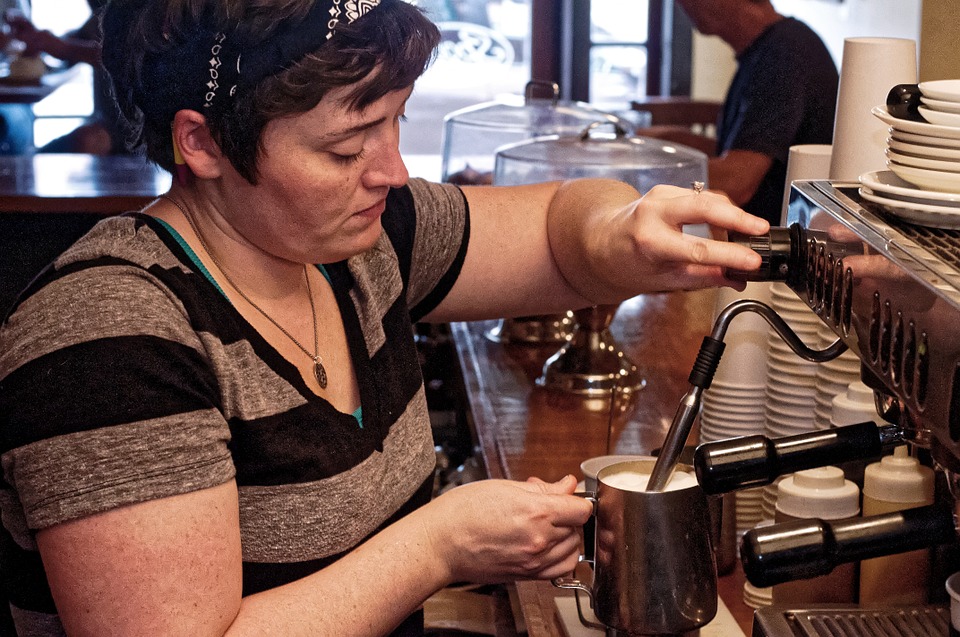
There’s no denying that coffee has become a great part of our daily lives, especially with the rise of fair trade coffee allowing us to indulge in flavours from around the world. Although Britain is a nation known for drinking tea, its consumption has in fact dropped by 19% since 2010, perhaps connected to an increased coffee intake.
Interesting numbers revealed by the British Coffee Association found that in the UK, the Brits drink 95 million cups of coffee each day. However, this is not a surprise as it has been estimated that there are 25,120 coffee shops already established in the UK — which is set to increase by 50% by 2022 – highlighting the craze for coffee.
But coffee consumption doesn’t just stop when we’re out and about or in the comfort of our own home; our workspaces are turning into a coffee haven too. Office culture has changed significantly over the years and business owners are recognising how coffee breaks really do benefit their operations.
How have coffee breaks changed over time?
It’s important to understand whether the rise of coffee breaks is a result of the shifted attitude towards lunch breaks. While some workplaces do have nice communal areas, one survey questioning 7,135 employees in the UK found that 68% of workers are no longer taking their scheduled lunch time and are instead choosing to stay at their desks to complete work.
With more employee’s missing out on the designated lunch break, this could have an impact on their own role delivery. If workers aren’t taking time away from their tasks, this can lead to reduced productivity.
If you recognise that more people across your business are missing out on lunch breaks, you must take action and allow room for regular, shorter coffee breaks. This will allow employees to recharge during the day and reduce the impact of any potential stress that they may be experiencing in the workplace.
People are also now missing out on socializing experiences because of this. By offering structured coffee breaks, you offer staff socially acceptable times between tasks that can help them improve working relationships and learn from their peers. 91% of employees say that these types of opportunities are essential in the workplace. Not only is this beneficial for an employee’s personal development but also reinforce the passion for the brand that they’re working for and to come up with new and improving ideas.
It was discovered that 79% of staff members found that coffee breaks could improve morale in a team too, so it’s worth looking into.
Staff happiness is crucial to business success, and coffee can be that level playing field. According to the same survey, 67% of workers said that coffee breaks improved their job satisfaction, which in turn impacts on happiness and well-being.
With more people demanding more coffee breaks than ever before and lunch times being skipped, this will definitely improve your business in the long-run.

Leave Your Comments